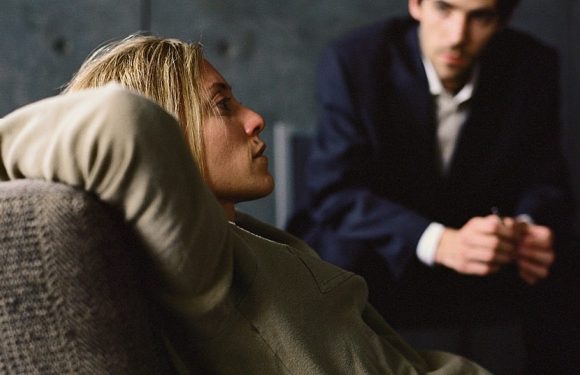This week, I’m diving in to answer another interesting question I’ve been hearing a lot lately.
What’s the difference between life coaching and counseling/psychotherapy?
When most people think of counseling or traditional talk therapy, they think of a formal office, a chaise lounge, someone talking about an acute issue, and someone else taking notes.
This note-taker might be a social worker, psychologist, psychotherapist, and might write you a pharmaceutical prescription to treat cognitive-behavioral symptoms.
During a session with a traditional counselor, you would generally discuss a specific issue like depression, relationship issues, or problems caused by things that happened in the past.
Coaching is Different
Coaching focuses on your future, and not your past.
Unlike traditional therapy scenarios where one person talks and the other person analyzes (and diagnoses), coaching is all about developing a working relationship with plenty of room for growth, shifting perspective, and clarity.
A coach partners with you to help you:
- Tap into your potential
- Reestablish personal focus
- Set goals & stick to them
- Encourage self-discovery
- Prompt you to generate your own best solutions & strategies
- Achieve overall fulfillment (instead of focusing on just one symptom or emotional issue)
Because coaches & clients interact in a less structured environment, many coaching clients say that their relationship with their coach is more pleasant, friendly, and positive than other traditional doctor-patient relationships.
There are a lot of people trying to cope with life adjustments, anxieties, and personal challenges…Coaching can help, and there is something positive and preventative about it.
-Lynn Mitchell, American Counseling Association (ACA)
Want to read more on the difference between Coaching & Counseling? Check these out:
- “Counseling vs. Life Coaching” by Jim Paterson, Counseling Today
- “Coaching Versus Therapy: A Perspective” by Vicki Hart, John Blattner, & Staci Leipsic, American Psychology Association (APA)
- “Coaching vs. Counseling” by Erickson Coaching International
Ready to see what Clarity Coaching can do for you?
Click here to learn more and book your FREE Strategy Session.

